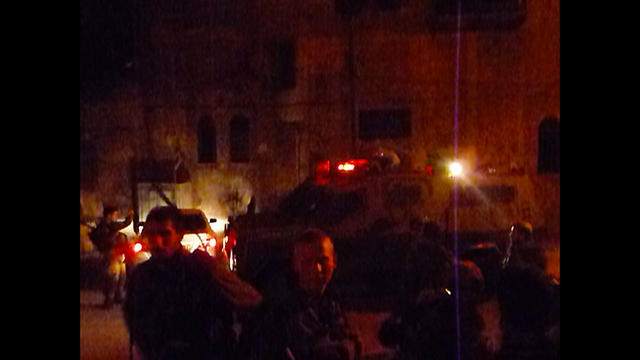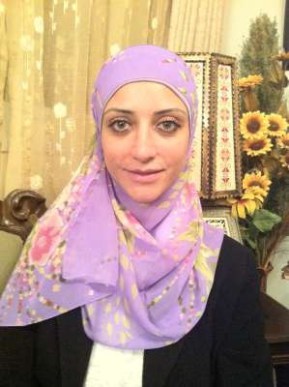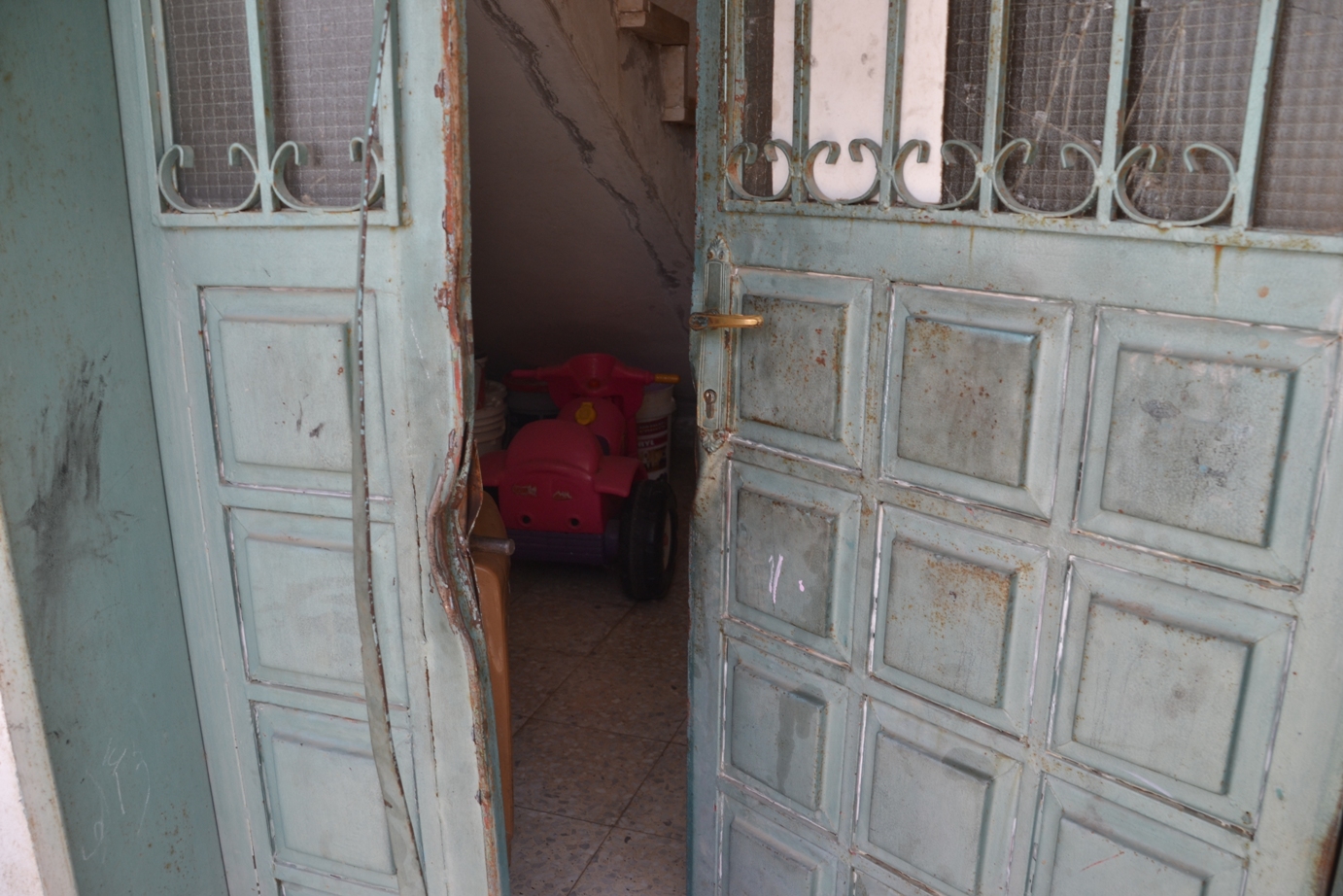Tag: Arrests
-
Israeli army arrest and beat two Palestinian men in Hebron
30th May 2014 | International Solidarity Movement, Khalil team | Hebron, Occupied Palestine Thursday 29-May-2014. At approximately 11pm yesterday evening in al-Khalil (Hebron), ISM activists went to checkpoint 56 where they had been told there was an ongoing incident. Palestinian eyewitnesses gave the following account: About an hour earlier, two Palestinians youths were detained by the Israeli…
-
6 beds, ink and one story
25th May 2014 | Mariam Barghouti | Occupied Palestine Since 1967, Israel has detained around 20% of the Palestinian population and approximately 40% of Palestinian males. The majority of those arrested are transferred into Israel, where they are held and if charged will most likely serve their sentence. Although this is a clear violation of Article 76 in the…
-
Israeli army arrests a further two people from Kafr Qaddum
23rd May 2014 | International Solidarity Movement, Nablus Team| Occupied Palestine During the night of the 23rd of May, approximately at 02:00AM, the Israeli army raided several houses in the town of Kafr Qaddum and arrested two people. Ryad Mohamad Eshtewi (40) and Fadi Baseem Jomah (27), both of whom are Palestinian police officers. Another two villagers were threatened…



